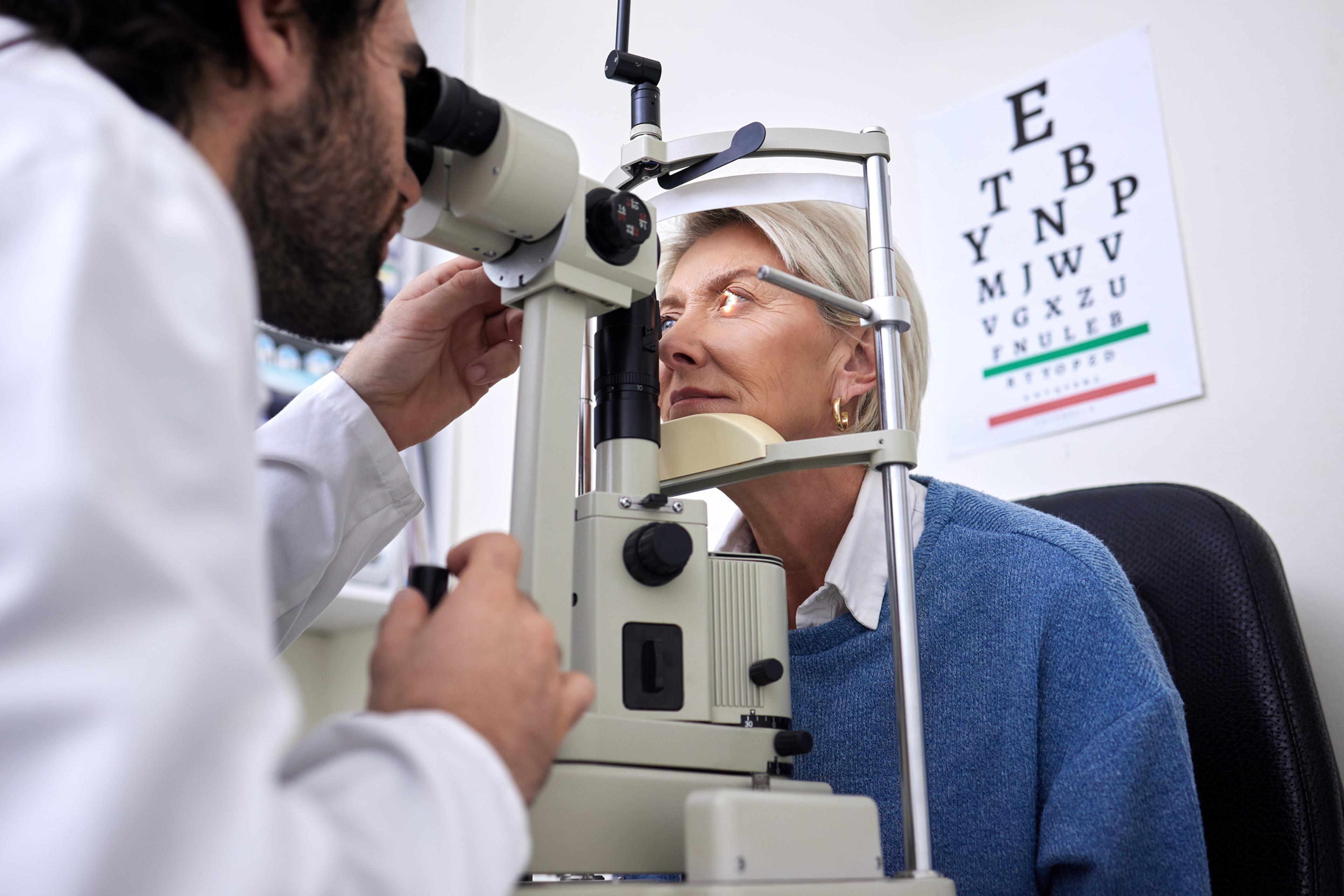Monica Drake: Check in on Your Child’s Mental Health

Monica Drake
| 3 min read

You may think of mental illness as something that happens to adults – but the truth is, 50% of mental health conditions begin by age 14. Yet only 20% of children with mental, emotional or behavioral disorders receive care from a mental health provider, according to the Centers for Disease Control and Prevention.
Undiagnosed and untreated mental health conditions in children and teens can hinder their performance in school, affect their ability to form friendships, lead to alcohol or drug abuse, cause them to self-harm – and can even lead to suicide.
For me, I experienced my first suicidal thoughts in middle school. I was dealing with the onset of puberty, was consistently picked last in gym class, and one of my best friends stopped talking to me out-of-the-blue – and I can remember thinking, “I just want to stop hurting. Maybe it would be easier if I wasn’t alive.”
So, parents and guardians: As your children get ready to go back to school, make sure to check in on them. I know there are many instances when a child will not share with their parents what they are going through and won’t ask for help. They will plaster a smile on their face, and no one will know what’s going on inside their heads.
But, if your child does ask for help, get them help! If you do see signs of mental illness, get them help! And, no matter what, let your child know, if they are struggling, they can come to you, and you will always be that safe harbor for them.
“Mental, emotional, and behavioral disorders in childhood can cause long-term problems that may affect the health and well-being of children, families, and communities. Treating a child’s mental health problems as soon as possible can help children reduce problems at home, in school, and in forming friendships. It can also help with healthy development into adulthood,” the CDC reports.
We need to get children and teens the help they need early in life, instead of them waiting until they’re adults to finally get treatment, like the generations before them. Can you imagine — an entire generation emerging into adulthood as self-introspective people who know all the tools to treat their mental illnesses? That’s the power that parents have today, and that’s the kind of world I hope to live in someday.
Therapy should be just as commonplace as taking your child to their annual check-up and getting them an inhaler for their asthma or a cast when they break their leg. Taking care of yours and your children’s mental health is just as important as physical health — and we need to treat it as such.
Check out Blue Cross’ “Parents Guide to Mental Health” at https://www.bcbsm.com/behavioral-mental-health/resources/parents.
Opinions expressed in this blog belong solely to the author and do not necessarily reflect the opinions or beliefs of Blue Cross Blue Shield of Michigan or its subsidiaries and affiliates.
More from A Healthier Michigan:
Photo credit: Getty Images





